Israel links recognition of Moroccan rule over Western Sahara to hosting Negev Forum
Israel has linked a possible recognition of Morocco’s rule over the disputed region of Western Sahara to the North African country hosting a repeatedly postponed meeting between Israeli officials and foreign ministers from four Arab states involved in the US-brokered normalization deals.
Israeli foreign minister Eli Cohen told reporters on Monday that they will announce their “final decision” about Morocco’s sovereignty over Western Sahara in the forum which is expected to take place in September or October.
“We are right now working in regards to this issue, and our plan is to have our final decision in the Negev Forum,” Cohen said.
Cohen also linked any decisions about opening a consulate in the territory or what the regime sought in return for recognizing the territory as Moroccan to the event.
Morocco postponed the forum last month, citing Israel’s crackdown and vicious actions against Palestinians.
The so-called Negev Forum was created out of a summit organized in March 2022 by former top Israeli diplomat Yair Lapid at the Kibbutz of Sde Boker in the Negev desert.
The forum’s goal is to enhance cooperation among Bahrain, Egypt, Israel, Morocco, the United Arab Emirates (UAE), and the United States.
These are the countries involved in the Abraham Accords, US-brokered agreements between Israel and Arab countries to normalize diplomatic relations.
Morocco annexed the vast Western Sahara region, a former Spanish colony, in 1975 and has since been in conflict with the Algeria-backed Polisario Front — a movement that seeks to establish an independent state in the territory and end Morocco’s presence there.
Morocco is currently in control of 80 percent of the region, including its phosphate deposits and fishing waters. It has built an approximately 2,700-kilometer (1,700-mile) -long wall running through the disputed territory to keep Sahrawis out of the resource-rich area.
Western Sahara’s indigenous population is firmly opposed to Moroccan control and has been calling for independence from the North African country and for a referendum on their self-determination, something that has been pledged to the region in UN resolutions.
The UN has deployed the peacekeeping mission MINURSO to the region to monitor a 1991 ceasefire and to supposedly organize a referendum on the region’s status.
However, the world body’s envoys have failed to set the stage for a referendum on Western Sahara’s future.
The long-standing conflict between the two sides has received renewed attention due to growing frustration among the Sahrawi people, particularly after the United States disregarded the UN efforts by backing Morocco’s claim to sovereignty over the entire disputed territory in 2020.
Morocco became the fourth Arab country — after the UAE, Bahrain, and Sudan — to reach a normalization agreement with Israel, which was brokered by the administration of ex-US President Donald Trump during its final days in office.
As part of the contentious deal, Trump agreed to recognize Morocco’s authority in Western Sahara.
US President Joe Biden has not carried out actions to make the recognition of Morocco’s sovereignty announced by his predecessor effective on the ground.
US fighter aircraft shot down ‘in friendly fire’ amid aggression on Yemen
Yemeni FM: Israel’s sponsors accountable for ongoing aggression on Sana’a
Eight Palestinians killed as Israel attacks Gaza school, hospitals
VIDEO | Rome, Milan host new protests in solidarity with Palestinians
Dec. 21: ‘Axis of Resistance’ operations against Israeli occupation
Spain jurists demand ties with Israel ties be cut
VIDEO | Press TV's news headlines
VIDEO | Iran honors top Science Olympiad medalists


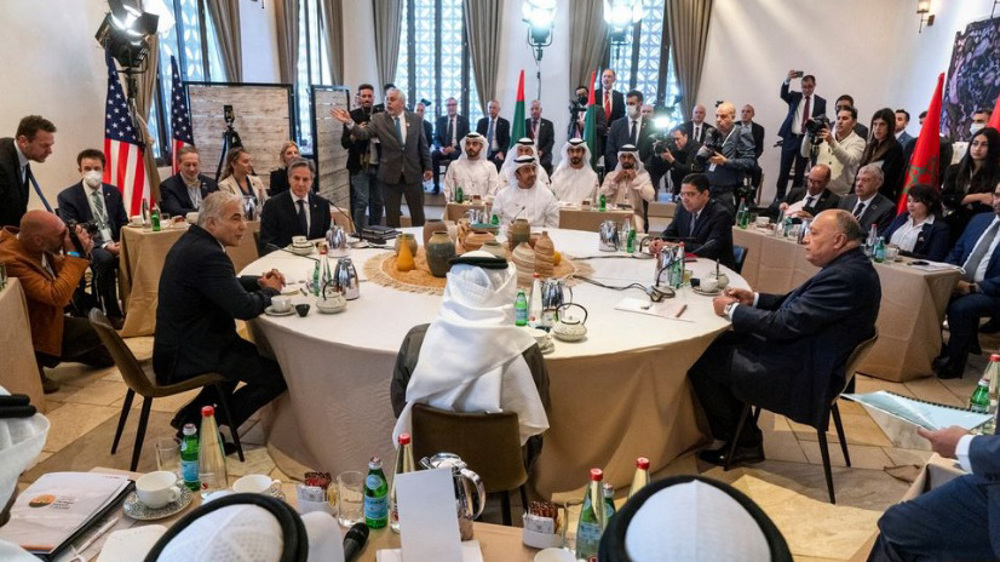
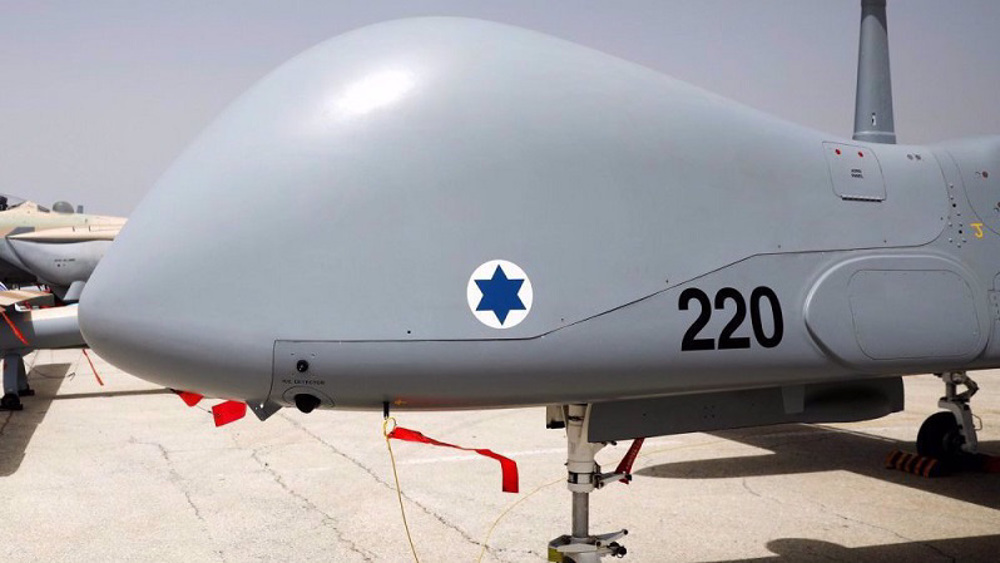
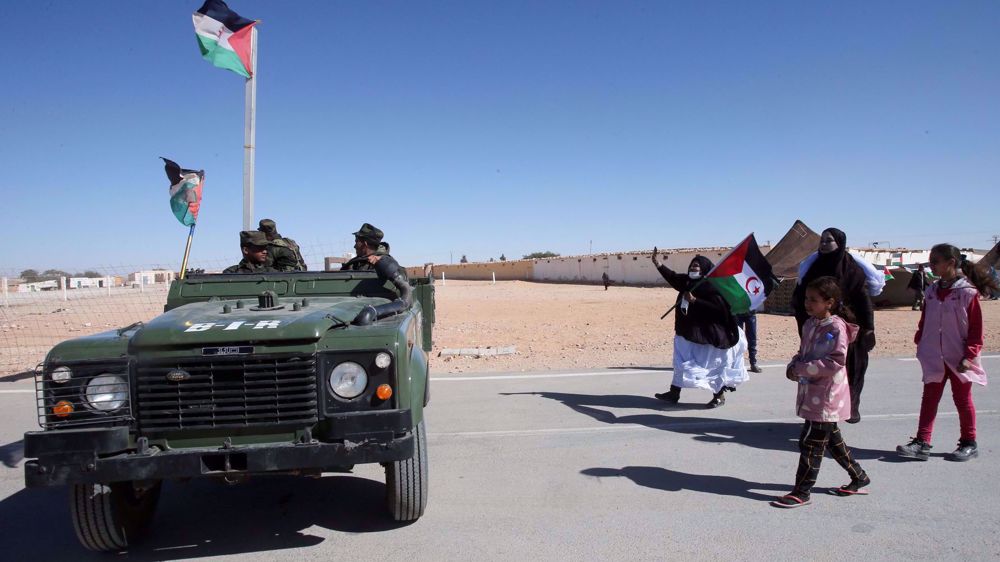
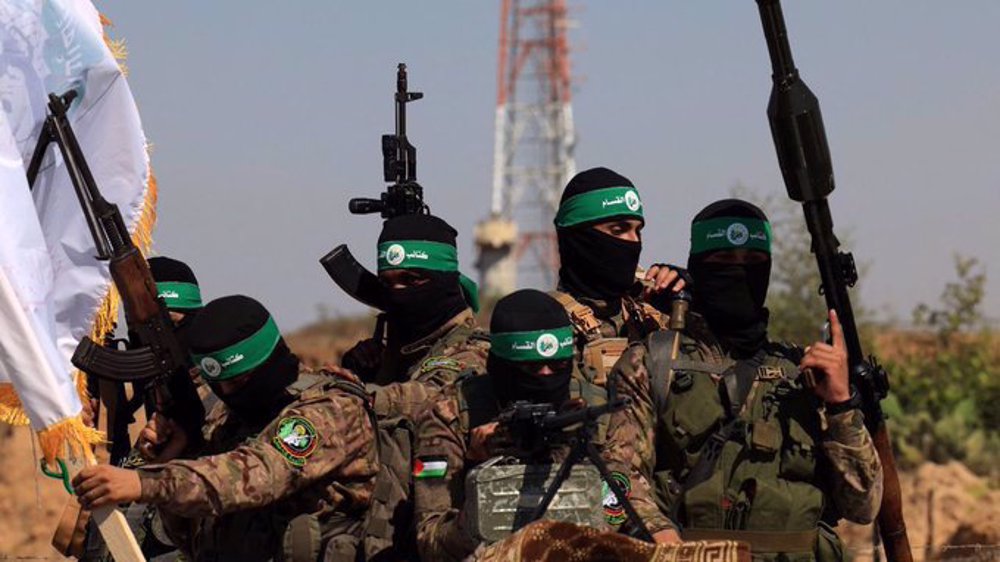
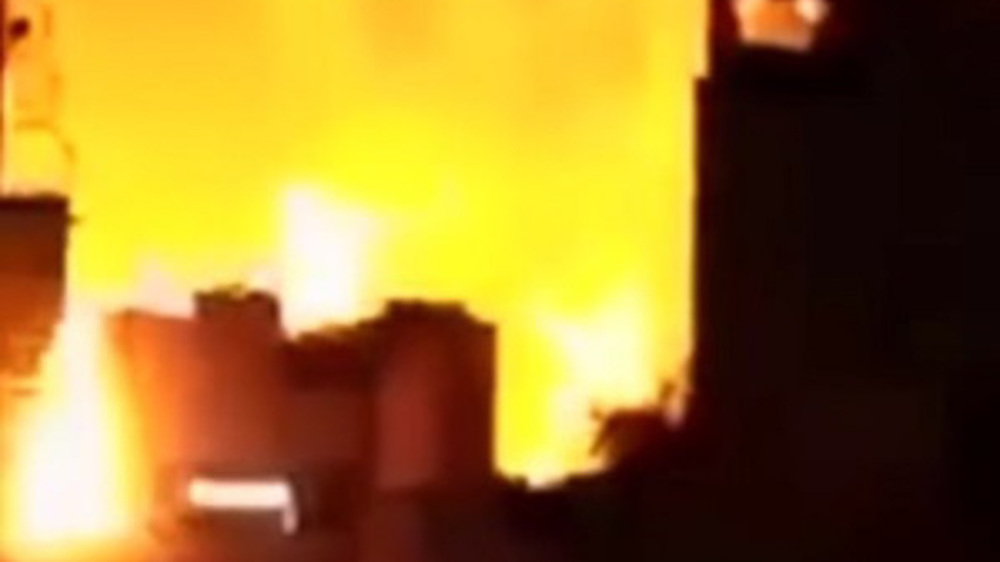
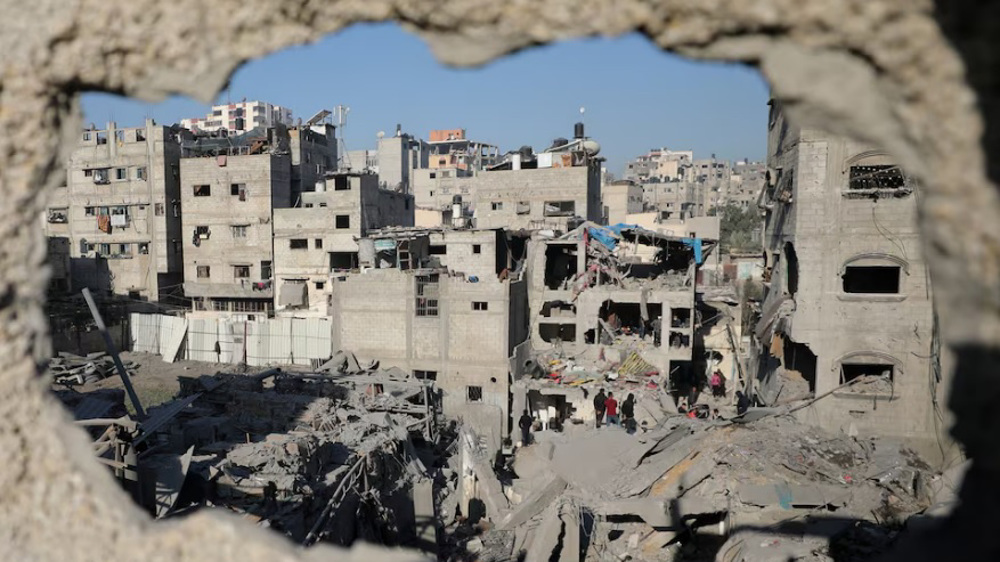



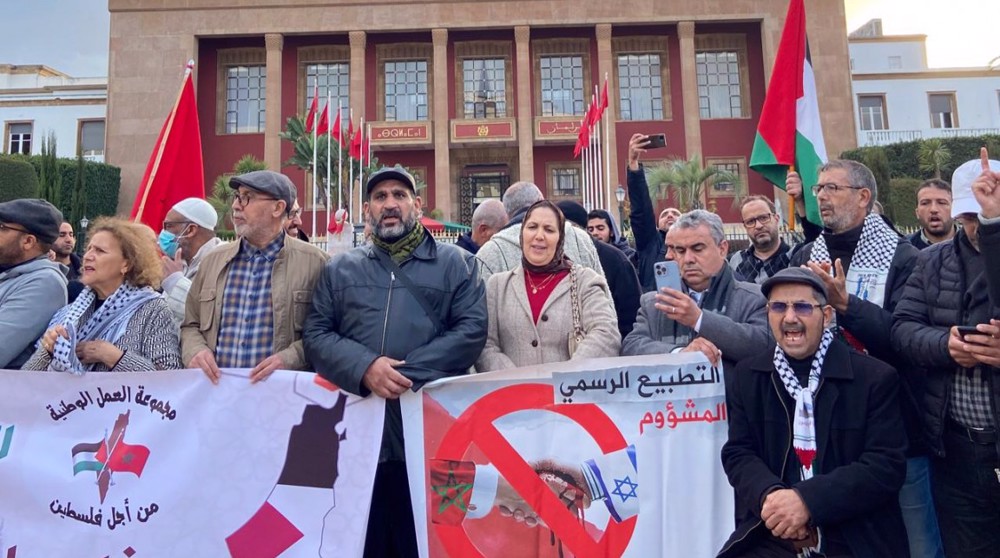
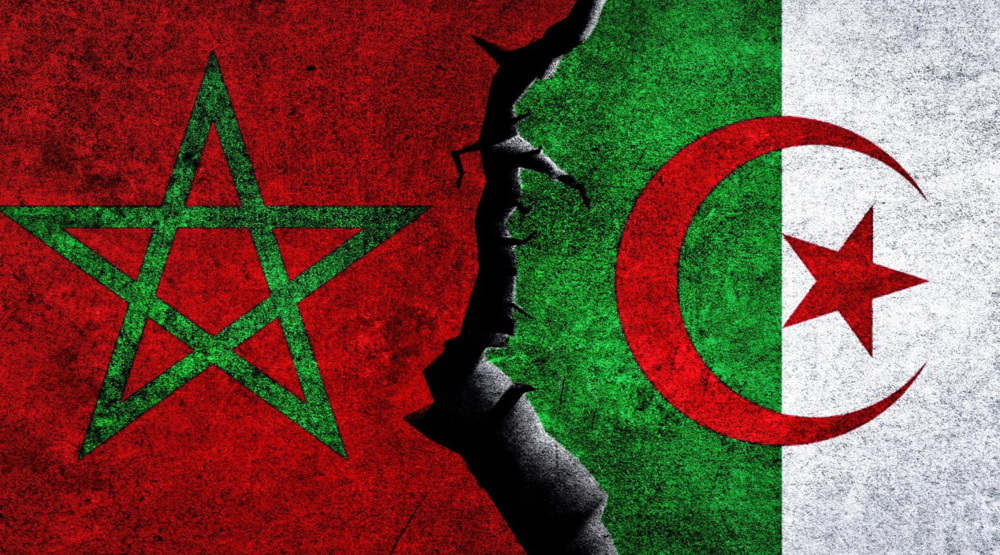
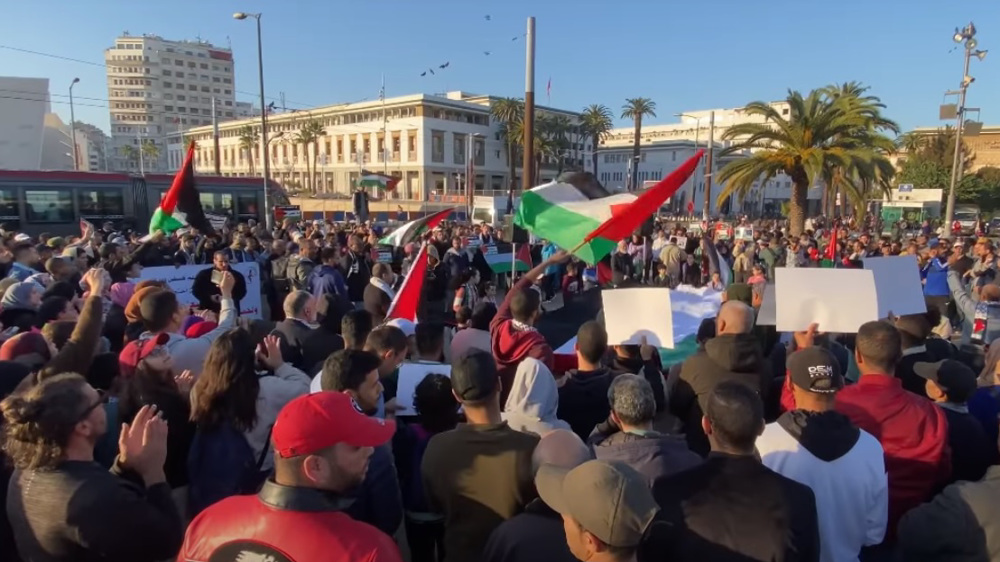
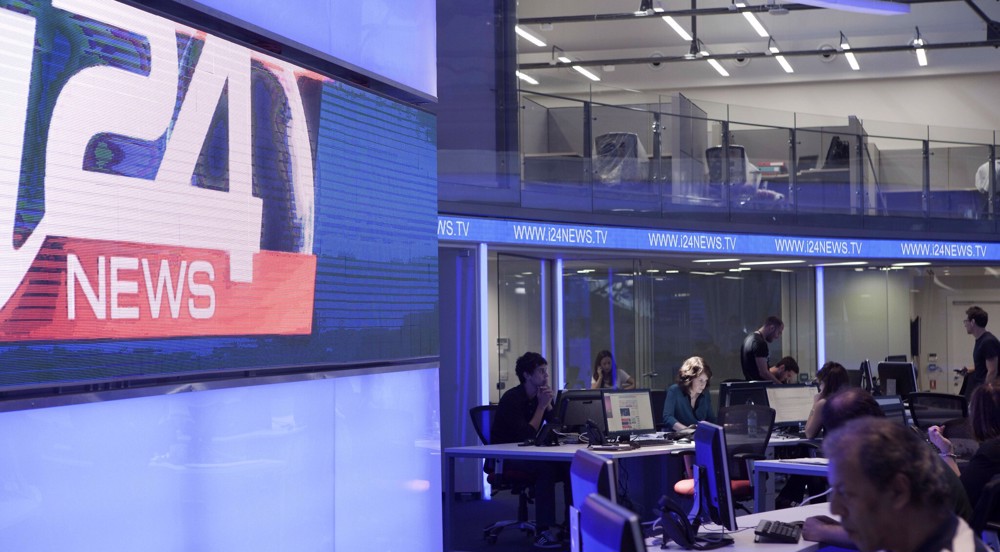
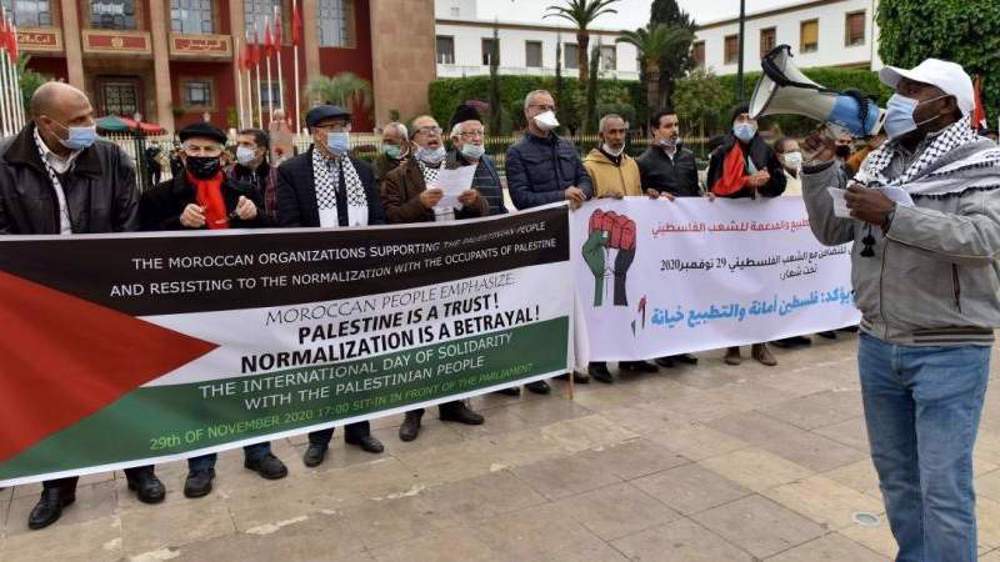
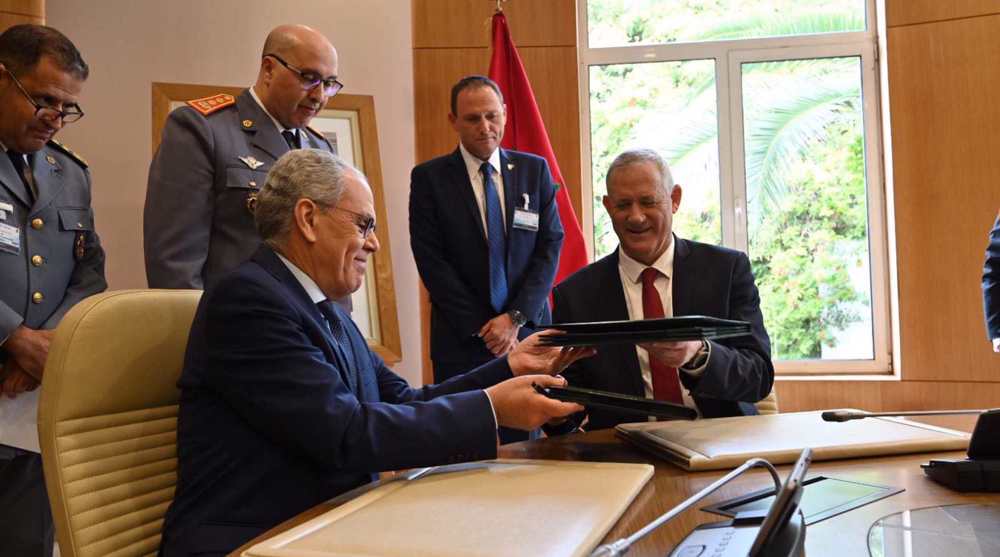
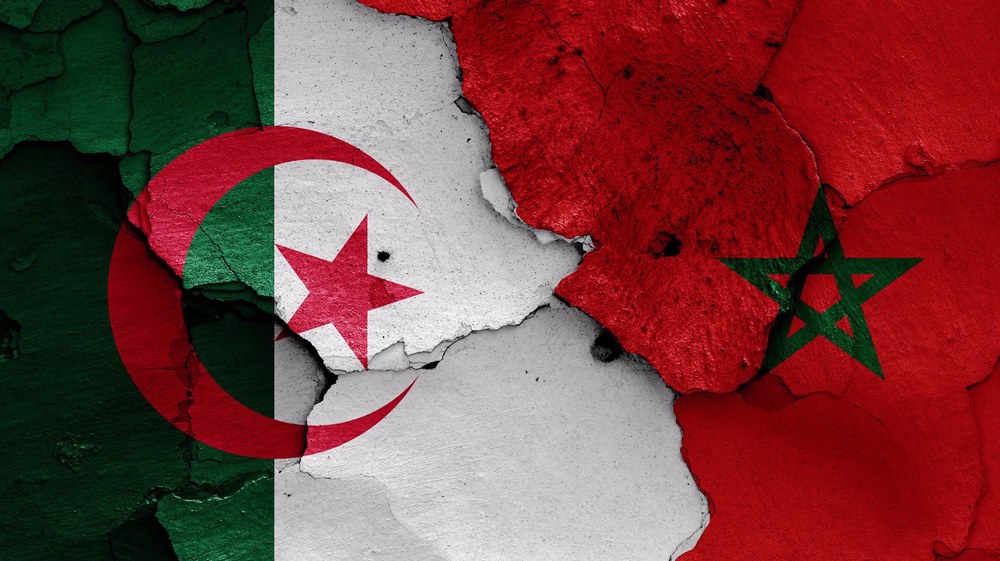
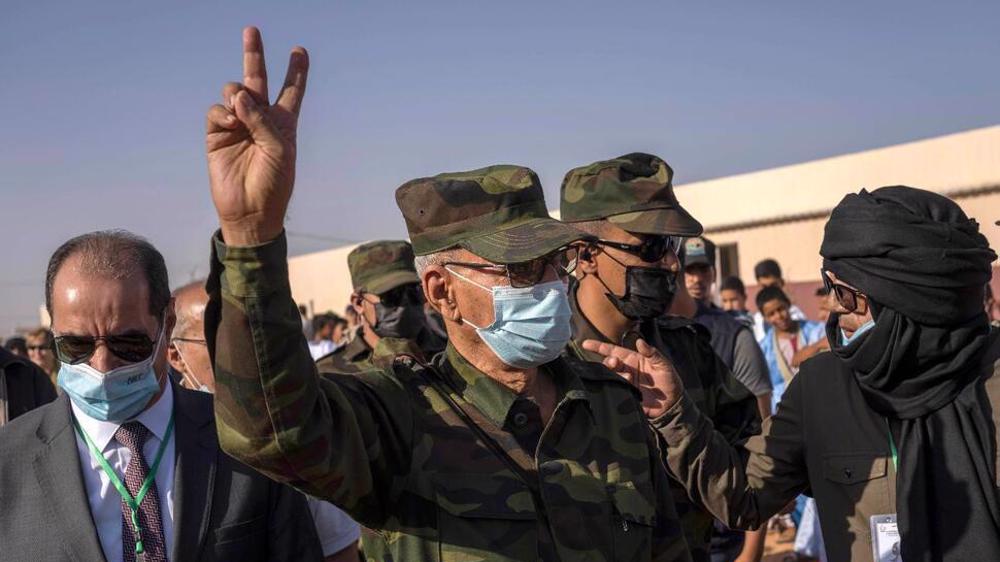

 This makes it easy to access the Press TV website
This makes it easy to access the Press TV website